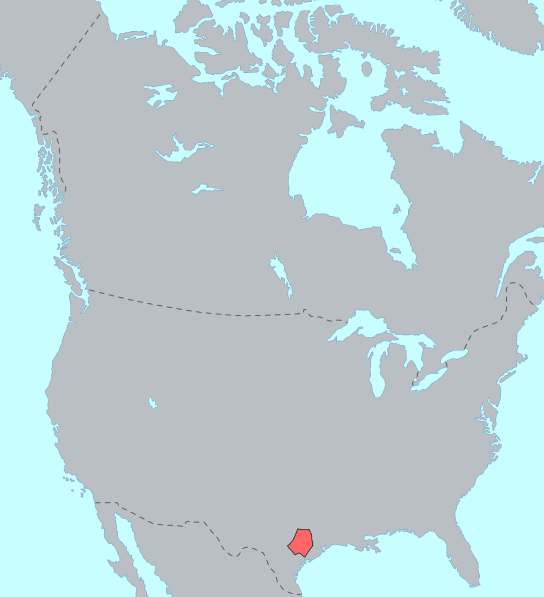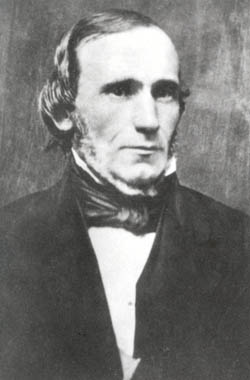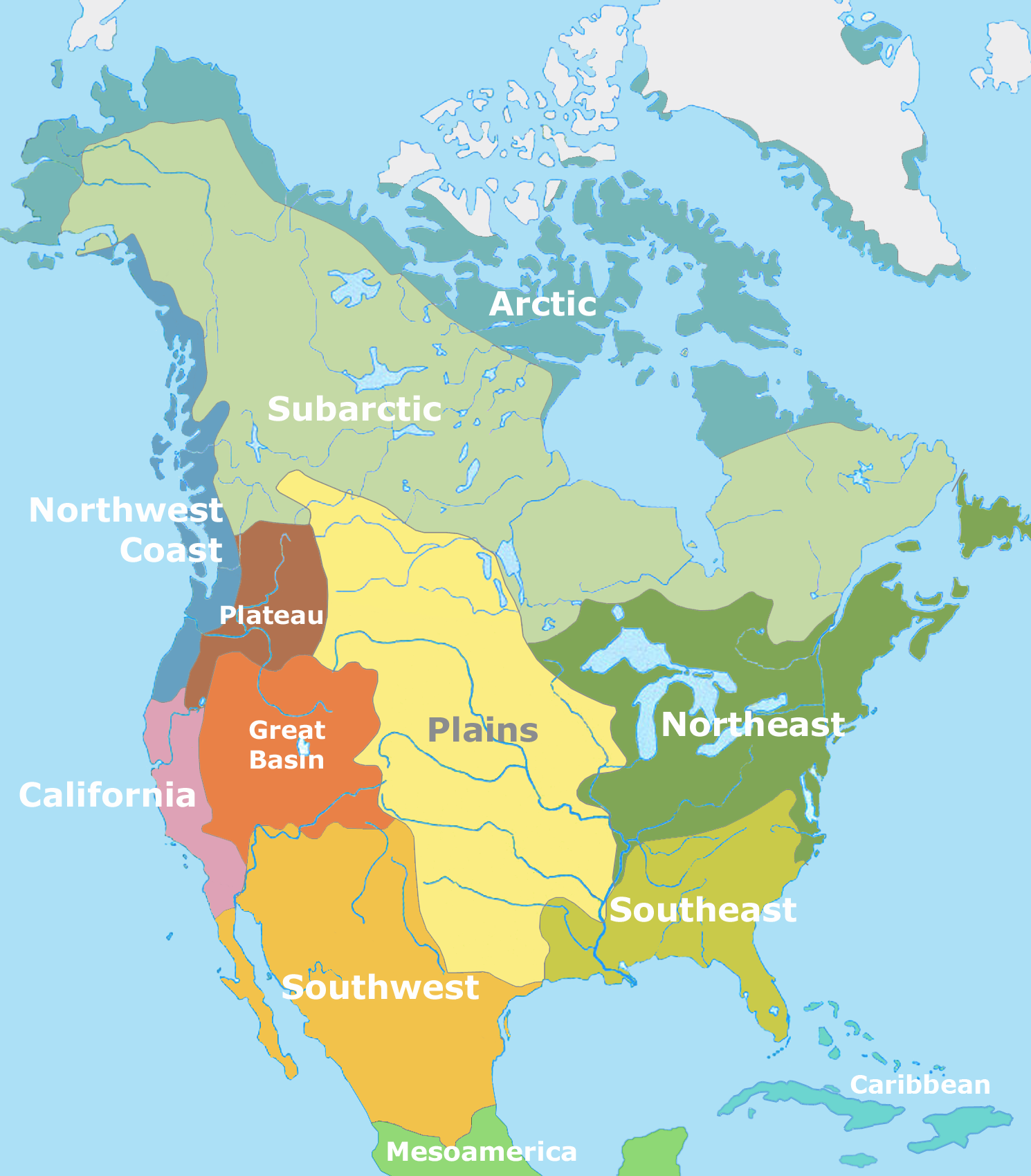|
Helen P. Clarke
Helen Piotopowaka Clarke (c. 1846 – March 4, 1923) was a Piegan Blackfeet and Scottish American actress, educator, and bureaucrat who pioneered as a mixed-race woman in her fields, becoming one of the first women elected to public office in Montana. Biography Early life Clarke was born at the mouth of the Judith River, Montana. She spent her childhood in Cincinnati, attending a convent school and returned to Montana just "a few years before a group of Blackfeet men murdered her father in 1869." After her father's murder, she and her brothers filed a claim with the United States federal government claiming that Piegan Blackfeet had not only killed their father, but also confiscated $20,000 worth of horses and cattle. During her childhood, people of mixed-ancestry worked as "brokers between white and natives worlds," but by the beginning of the twentieth century, this middle ground had disappeared, replaced with racial stratification. Acting career After her father's deat ... [...More Info...] [...Related Items...] OR: [Wikipedia] [Google] [Baidu] |
Napoleon Sarony
Napoléon Sarony (March 9, 1821 – November 9, 1896) was an American lithography, lithographer and photography, photographer. He was a highly popular portrait photographer, best known for his portraits of the stars of late-19th-century American theater. His son, Otto Sarony, continued the family business as a theater and film star photographer. Life Sarony was born in 1821 in Quebec City, Quebec, then in the British colony of Lower Canada, and moved to New York City around 1833. He worked as an illustrator for Currier and Ives before joining with James Major and starting his own lithography business, Sarony & Major, in 1843. In 1845, James Major was replaced in Sarony & Major by Henry B. Major, and the firm continued operating under that name until 1853. From 1853 to 1857, the firm was known as Sarony and Company, and from 1857 to 1867, as Sarony, Major & Knapp. Sarony left the firm in 1858 and traveled abroad for the next eight years. During that time, he learned the photograph ... [...More Info...] [...Related Items...] OR: [Wikipedia] [Google] [Baidu] |
Newspapers
A newspaper is a Periodical literature, periodical publication containing written News, information about current events and is often typed in black ink with a white or gray background. Newspapers can cover a wide variety of fields such as politics, business, sports, art, and science. They often include materials such as opinion columns, weather forecasts, reviews of local services, Obituary, obituaries, birth notices, crosswords, editorial cartoons, comic strips, and advice columns. Most newspapers are businesses, and they pay their expenses with a mixture of Subscription business model, subscription revenue, Newsagent's shop, newsstand sales, and advertising revenue. The journalism organizations that publish newspapers are themselves often Metonymy, metonymically called newspapers. Newspapers have traditionally been published Printing, in print (usually on cheap, low-grade paper called newsprint). However, today most newspapers are also Electronic publishing, published on webs ... [...More Info...] [...Related Items...] OR: [Wikipedia] [Google] [Baidu] |
Native American Women In Politics
Native American women have played significant roles in politics, both within their Tribal nation, tribal nations and in broader American political life. Their involvement spans from traditional governance systems to participation in local, state, and national levels of government in the United States. These contributions have been shaped by historical, cultural, and legal factors, particularly the intersection of Native sovereignty and U.S. political structures. History Before Colonial history of the United States, European colonization of the United States, many Native American tribes practiced matriarchal or Egalitarianism, egalitarian governance systems where women held significant power in decision-making, clan leadership, and property rights. In several tribes, such as the Iroquois Confederacy, women played an influential role in political processes, including selecting leaders and making important tribal decisions. The arrival of European settlers disrupted these tradition ... [...More Info...] [...Related Items...] OR: [Wikipedia] [Google] [Baidu] |
People From Montana Territory
The term "the people" refers to the public or common mass of people of a polity. As such it is a concept of human rights law, international law as well as constitutional law, particularly used for claims of popular sovereignty. In contrast, a people is any plurality of persons considered as a whole. Used in politics and law, the term "a people" refers to the collective or community of an ethnic group or nation. Concepts Legal Chapter One, Article One of the Charter of the United Nations states that "peoples" have the right to self-determination. Though the mere status as peoples and the right to self-determination, as for example in the case of Indigenous peoples (''peoples'', as in all groups of indigenous people, not merely all indigenous persons as in ''indigenous people''), does not automatically provide for independent sovereignty and therefore secession. Indeed, judge Ivor Jennings identified the inherent problems in the right of "peoples" to self-determination, as i ... [...More Info...] [...Related Items...] OR: [Wikipedia] [Google] [Baidu] |
1923 Deaths
In Greece, this year contained only 352 days as 13 days was skipped to achieve the calendrical switch from Julian to Gregorian Calendar. It happened there that Wednesday, 15 February ''(Julian Calendar)'' was followed by Thursday, 1 March ''(Gregorian Calendar).'' Events January–February * January 9, January 5 – Lithuania begins the Klaipėda Revolt to annex the Klaipėda Region (Memel Territory). * January 11 – Despite strong British protests, troops from France and Belgium Occupation of the Ruhr, occupy the Ruhr area, to force Germany to make reparation payments. * January 17 (or 9) – First flight of the first rotorcraft, Juan de la Cierva's Cierva C.4 autogyro, in Spain. (It is first demonstrated to the military on January 31.) * February 5 – Australian cricketer Bill Ponsford makes 429 runs to break the world record for the highest first-class cricket score for the first time in his third match at this level, at Melbourne Cricket Ground, giving the Victor ... [...More Info...] [...Related Items...] OR: [Wikipedia] [Google] [Baidu] |
1840s Births
__NOTOC__ Year 184 ( CLXXXIV) was a leap year starting on Wednesday of the Julian calendar. At the time, it was known as the Year of the Consulship of Eggius and Aelianus (or, less frequently, year 937 ''Ab urbe condita''). The denomination 184 for this year has been used since the early medieval period, when the Anno Domini calendar era became the prevalent method in Europe for naming years. Events By place China * The Yellow Turban Rebellion and Liang Province Rebellion break out in China. * The Disasters of the Partisan Prohibitions ends. * Zhang Jue leads the peasant revolt against Emperor Ling of Han of the Eastern Han dynasty. Heading for the capital of Luoyang, his massive and undisciplined army (360,000 men), burns and destroys government offices and outposts. * June – Ling of Han places his brother-in-law, He Jin, in command of the imperial army and sends them to attack the Yellow Turban rebels. * Winter – Zhang Jue dies of illness while his ... [...More Info...] [...Related Items...] OR: [Wikipedia] [Google] [Baidu] |
Prejudice
Prejudice can be an affect (psychology), affective feeling towards a person based on their perceived In-group and out-group, social group membership. The word is often used to refer to a preconceived (usually unfavourable) evaluation or classification of another person based on that person's perceived personal characteristics, such as political affiliation, sex, gender, gender identity, beliefs, Value (personal and cultural), values, social class, friendship, Ageing, age, disability, religion, sexual orientation, sexuality, Race (human classification), race, ethnicity, language, nationality, culture, complexion, beauty, height, body weight, job, occupation, wealth, education, criminality, Fan loyalty, sport-team affiliation, Psychology of music preference, music tastes or other perceived characteristics. The word "prejudice" can also refer to unfounded or pigeonholed beliefs and it may apply to "any unreasonable attitude that is unusually resistant to rational influence". Gordon ... [...More Info...] [...Related Items...] OR: [Wikipedia] [Google] [Baidu] |
Blackfeet Reservation
The Blackfeet Nation (, ), officially named the Blackfeet Tribe of the Blackfeet Indian Reservation of Montana, is a List of federally recognized tribes in the United States, federally recognized tribe of Blackfoot Confederacy, Siksikaitsitapi people with an Indian reservation in Montana. Tribal members primarily belong to the Piegan Blackfeet (Ampskapi Piikani) band of the larger Blackfoot Confederacy that spans Canada and the United States. The Blackfeet Indian Reservation is located east of Glacier National Park (U.S.), Glacier National Park and borders the Provinces and territories of Canada, Canadian province of Alberta. Cut Bank Creek and Birch Creek (Pondera County, Montana), Birch Creek form part of its eastern and southern borders. The reservation contains 3,000 square miles (7,800 km2), twice the size of the national park and larger than the state of Delaware. It is located in parts of Glacier County, Montana, Glacier and Pondera County, Montana, Pondera countie ... [...More Info...] [...Related Items...] OR: [Wikipedia] [Google] [Baidu] |
Tonkawa
The Tonkawa are a Native American tribe from Oklahoma and Texas. Their Tonkawa language, now extinct language, extinct, is a linguistic isolate. Today, Tonkawa people are enrolled in the Federally recognized tribes, federally recognized Tonkawa Tribe of Indians of Oklahoma, headquartered in Tonkawa, Oklahoma. They have more than 700 tribal citizens. Name The Tonkawa's autonym is (meaning "real people"). The name Tonkawa is derived from the Waco people, Waco word, ', meaning "they all stay together". History In 1601, the Tonkawa people lived in what is now northwestern Oklahoma. They were made up of related bands. Historically, they were nomadic people, who practiced some horticulture. The Tonkawa, long thought to have been prehistoric residents of Texas, are now thought to have migrated into the state in the late 17th century. Their arrival in Central Texas is believed to have been just before or during the early European contact period. 18th century By 1700, Apache and Wi ... [...More Info...] [...Related Items...] OR: [Wikipedia] [Google] [Baidu] |
Benjamin Harrison
Benjamin Harrison (August 20, 1833March 13, 1901) was the 23rd president of the United States, serving from 1889 to 1893. He was a member of the Harrison family of Virginia—a grandson of the ninth president, William Henry Harrison, and a great-grandson of Benjamin Harrison V, a Founding Fathers of the United States, Founding Father. A Union Army veteran and a Republican, he defeated incumbent Grover Cleveland to win the presidency in 1888. Harrison was born on a farm by the Ohio River and graduated from Miami University in Oxford, Ohio. After moving to Indianapolis, he established himself as a prominent local attorney, Presbyterian church leader, and politician in Indiana. During the American Civil War, he served in the Union Army as a Colonel (United States), colonel, and was confirmed by the United States Senate, U.S. Senate as a Brevet (military), brevet Brigadier general (United States), brigadier general of volunteers in 1865. Harrison unsuccessfully ran for gov ... [...More Info...] [...Related Items...] OR: [Wikipedia] [Google] [Baidu] |
Native Americans In The United States
Native Americans (also called American Indians, First Americans, or Indigenous Americans) are the Indigenous peoples of the Americas, Indigenous peoples of the United States, particularly of the Contiguous United States, lower 48 states and Alaska. They may also include any Americans whose origins lie in any of the indigenous peoples of North or South America. The United States Census Bureau publishes data about "American Indians and Alaska Natives", whom it defines as anyone "having origins in any of the original peoples of North and South America ... and who maintains tribal affiliation or community attachment". The census does not, however, enumerate "Native Americans" as such, noting that the latter term can encompass a broader set of groups, e.g. Native Hawaiians, which it tabulates separately. The European colonization of the Americas from 1492 resulted in a Population history of Indigenous peoples of the Americas, precipitous decline in the size of the Native American ... [...More Info...] [...Related Items...] OR: [Wikipedia] [Google] [Baidu] |








